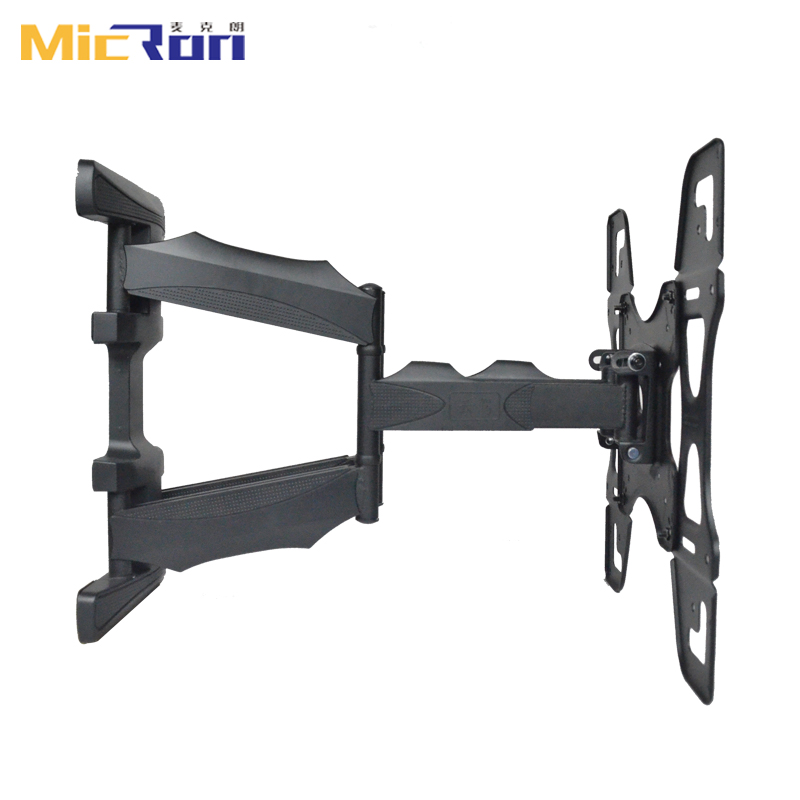Wholesale TV Support Solutions for Factories and Businesses
Wholesale TV Support Solutions for Factories and Businesses
Wholesale Support for TV Factories A Comprehensive Overview
In the fast-paced world of electronics manufacturing, televisions remain one of the most sought-after consumer products. As demand for various types of TVs—ranging from smart to OLED and LCD models—continues to grow, wholesale support for TV factories has become more critical than ever. This article delves into the importance of wholesale support for TV factories, exploring its significance, benefits, and the future of the industry.
Understanding Wholesale Support
Wholesale support in the context of TV factories refers to the comprehensive services, resources, and products provided by wholesalers to manufacturers. This includes the supply of components, raw materials, logistical support, and even marketing assistance. By ensuring a seamless supply chain, wholesalers play an essential role in helping factories meet production goals and respond to market demands efficiently.
Importance of Wholesale Support
1. Cost Efficiency One of the primary benefits of wholesale support is cost efficiency. By sourcing parts in bulk, wholesalers can negotiate better prices, which in turn, lowers manufacturing costs for TV factories. This allows factories to maximize profit margins while remaining competitive in a crowded market.
2. Quality Control Wholesalers often have established relationships with component manufacturers and can ensure that the parts supplied meet industry standards. This reduces the risks of defects and enhances the overall quality of the televisions produced.
3. Faster Production Cycles Timely and reliable supply of components is crucial for maintaining production schedules. Wholesale support can significantly shorten lead times, allowing factories to respond quickly to consumer trends and market fluctuations. This agility is vital for staying relevant in an industry characterized by rapid technological advancements.
4. Technical Assistance Many wholesalers offer technical support to manufacturers, providing insights into the latest technologies, market trends, and consumer preferences. This guidance can help TV factories innovate and improve their product offerings, ensuring they align with market demands.
Benefits to Stakeholders
wholesale soporte de tv factories

Wholesale support is not only beneficial for TV factories but also for various stakeholders involved
- Manufacturers They can optimize their production processes and reduce costs, leading to increased profitability. - Consumers With improved manufacturing efficiencies and better quality products, consumers benefit from advanced technology at competitive prices.
- Wholesalers By diversifying their product offerings and establishing long-term partnerships with manufacturers, wholesalers can enhance their market presence and expand their customer base.
Future Trends
As the television industry evolves, so too will the nature of wholesale support. Some key trends to watch for include
- Sustainability There is an increasing emphasis on environmentally friendly production practices. Wholesalers who provide eco-friendly components will likely gain a competitive advantage.
- Smart Technology Integration The rise of smart TVs necessitates a different kind of component supply and technical support. Wholesale partners will need to keep pace with these technological advancements to remain relevant.
- Global Supply Chains As factories look to optimize their supply chains, the role of global wholesalers will become more pronounced. The ability to navigate international trade and logistics will be a significant differentiator in wholesale support.
Conclusion
Wholesale support for TV factories is integral to the success of the television manufacturing industry. It enhances cost efficiency, quality control, and production speed while benefiting all stakeholders involved. As technology continues to advance and consumer preferences shift, the role of wholesalers will undoubtedly evolve, paving the way for innovative practices and sustainable solutions. By fostering strong partnerships and adapting to changing demands, the television manufacturing sector can thrive in an increasingly competitive landscape.
-
Premium Tilt TV Mount Exporters: Global Export SolutionsNewsAug.03,2025
-
Premium Tilt TV Mount Exporters | Durable & AdjustableNewsAug.02,2025
-
Apartment TV Mount Installation: Expert Guide & TipsNewsAug.01,2025
-
Top Tilt TV Mount Exporters | Premium Export SolutionsNewsJul.31,2025
-
Premium Tilt TV Mount Exporters | GPT-4 Turbo EnhancedNewsJul.31,2025
-
Reliable Tilt TV Mount Company & Manufacturer, Factory Direct PriceNewsJul.30,2025
